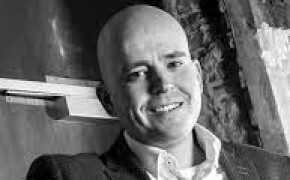Fjild creates new products of rejected food residues. Make people aware of the food waste problem and to encourage them to do something about it.
When it comes to food waste, we come across many differente products that do not match the needs of the market for 'cosmetic' resons. These products come from agriculture, arable farming, (greenhouse) horticulture and fisheries and are not use for direct consumption due to deviating shape, size, cracks or spots. The products do not meet the needs of the market, but are simply usable for human consumption.
Fjild creates products in which the rejected residues are given a new destination.
Fjild does research to residual flows, side flows and loss and see which alternative products can still be made from it. Fjild is also actively working to bring food waste to the attention of students, the consumers of the future. Fjilf wants to make students aware of the food waste problem and to encourage them to do something about it. Finally, Fjild has set up a platform on which the supply and demand of food waste products can be displayed. Fjild want to connect farmers with entrepreneurs, in order to reduce residual flows in the food industry. Together with researchers and students, Fjild has developed 28 new products from residual flows. These products are sold commercially, in order to show that farmers can earn money from their residual flows and that residual flows van be used for human consumption.
Resources needed
Fjild is granted €300.000,- subsidy for four years. Subsidy is used for research, location (kitchen, sales point) and organizing events. Four entrepreneurs are involved as well as students and researchers from an applied university with knowledge on food production, food quality and food safety.
Evidence of success
-250 metric tons of food residues are processed
-28 new products are developed
-104 partners are involved
- 26 food events joined/organized
- 300 students are involved
Potential for learning or transfer
One third of the food produced worldwide is thrown away, which is 1.6 billion tons of food per year. In the Netherlands, we throw away an average of 50 kg of food per person, which costs us 150 euros. Together, we throw away 4.4 billion euros and worldwide this is even 550 billion euros. The approach developed in Fjild is applicable in each EU region to reuse local food residues and transform them in new products.
The Fjild approach and products have been presented to EU partners of Color Circle during an IRLE in Fryslan, during a knowledge exchange event in Romania and during an EU webinar.
Tags: Circular economy, Food, Reuse of waste








